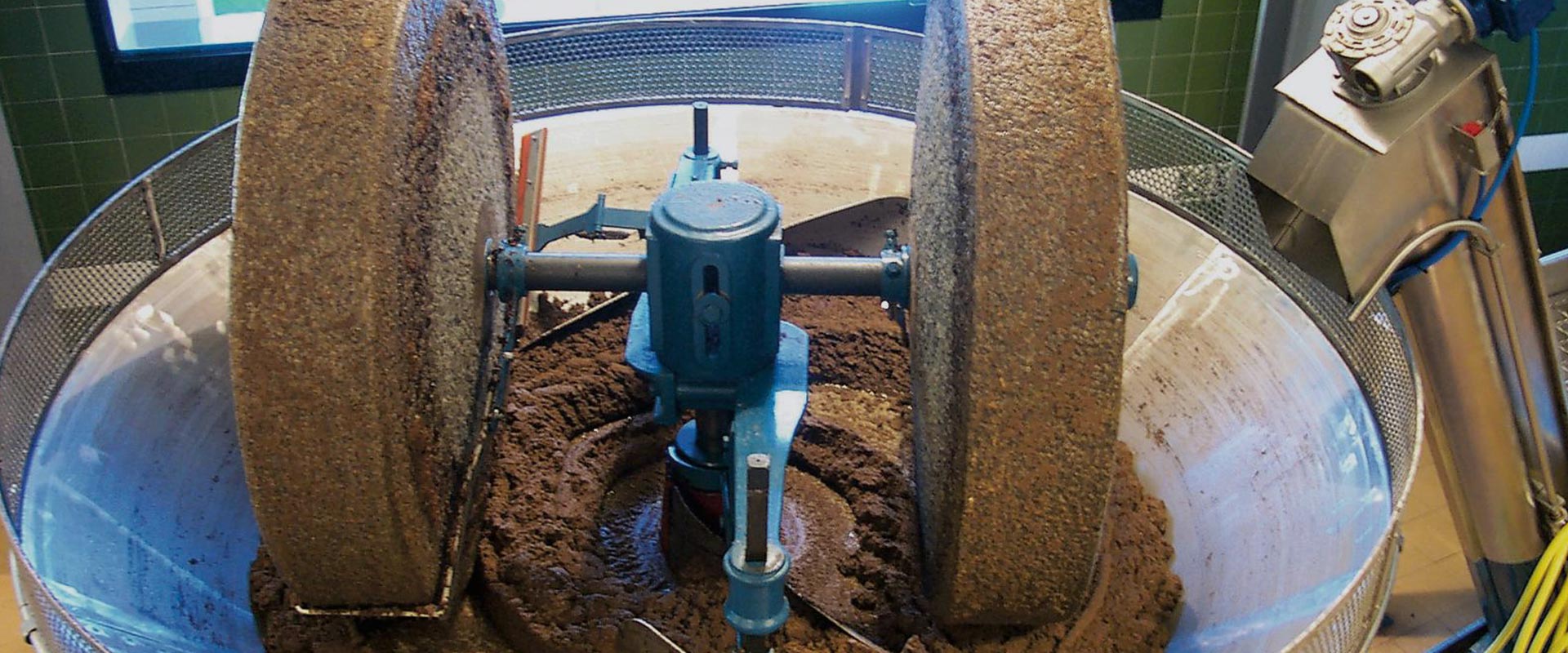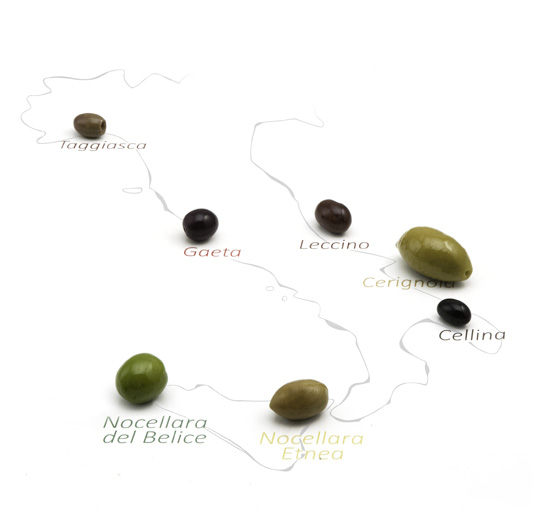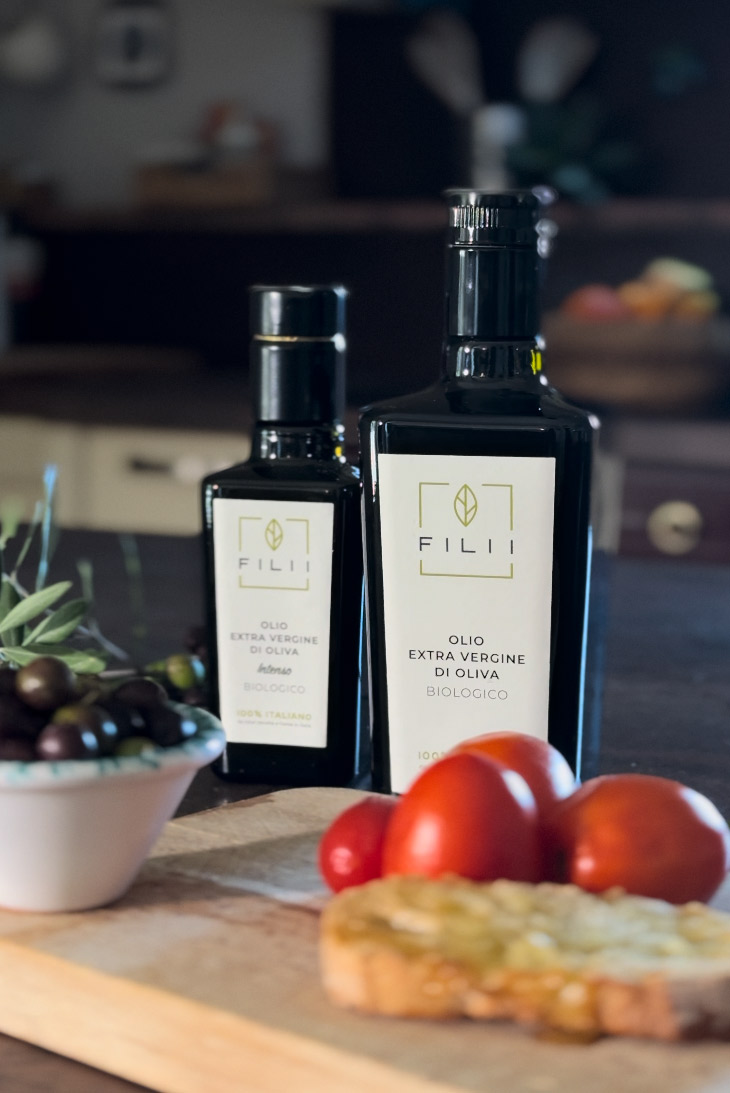
Crushing of Olives
- Post author:Guest-admin
- Post published:September 5, 2024
- Post category:Approfondimenti EN
Crushing of Olives
Crushing is a fundamental stage in the production of extra virgin olive oil (EVO), a crucial moment when the carefully selected and washed olives begin their transformation into the precious oil we all know and appreciate.
What is Crushing?
Crushing is the mechanical process by which olives are crushed to obtain a homogeneous paste composed of pulp, pits, and the oil contained within the fruit’s cells. This step is crucial because the quality and yield of the EVO oil directly depend on it.
Crushing Techniques: Tradition and Innovation
Traditionally, crushing was done with stone mills, an ancient technique that, although slow, produced oil with a delicate flavor. In modern mills, hammer mills or disc mills are used. These modern technologies ensure uniform crushing and a more efficient oil extraction, maintaining a balance between tradition and innovation.
The choice of crushing technique can significantly influence the organoleptic profile of the oil. For example, hammer mills, operating at lower temperatures, better preserve the aromas and polyphenols, giving the EVO oil freshness and intensity, characteristics highly valued by consumers.
The Importance of Timing in Crushing
Timing is a key factor in the crushing of olives. Olives must be crushed within a few hours of harvesting to avoid unwanted fermentations and oxidations, which could compromise the quality of the oil. For this reason, many mills are located close to olive groves, minimizing the time between harvesting and crushing.
Olive Paste: The Basis of EVO Oil
During crushing, the olive cells break open, releasing the oil and aromatic compounds. The resulting olive paste is a combination of pulp, vegetable water, and fragments of pits. It is from this paste that, in the subsequent stages of malaxation and extraction, the true EVO oil will be separated.






